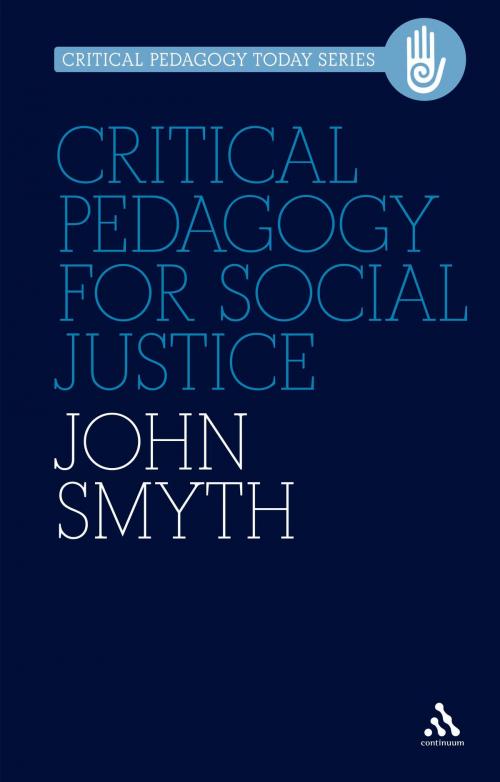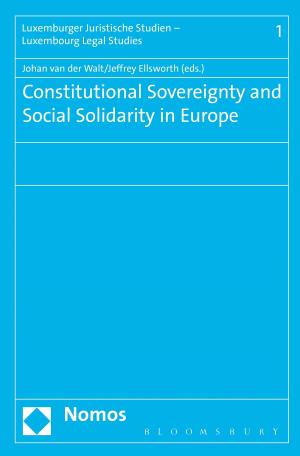Critical Pedagogy for Social Justice
Nonfiction, Reference & Language, Education & Teaching, Educational Theory, Aims & Objectives, Educational Reform, Philosophy & Social Aspects| Author: | John Smyth | ISBN: | 9781441127792 |
| Publisher: | Bloomsbury Publishing | Publication: | October 20, 2011 |
| Imprint: | Continuum | Language: | English |
| Author: | John Smyth |
| ISBN: | 9781441127792 |
| Publisher: | Bloomsbury Publishing |
| Publication: | October 20, 2011 |
| Imprint: | Continuum |
| Language: | English |
We live in a time when those who wield unrestrained power believe they have the inalienable right to determine the destiny, nature and shape of social institutions like schools. Critical Pedagogy for Social Justice challenges this arrogance by showing how teachers, students, parents, communities, and researchers can develop narratives that amount to working with and for those who are increasingly being silenced, marginalized and excluded.
John Smyth sets out to revisit critical pedagogy from a number of key leverage points. The overarching aim of this book is to unmask the deforming and distorting way power operates, while at the same time revealing how a commitment to a more socially just world can exist in the everyday lives and narratives of people who have a passion for transformative possibilities. His clear, concise, and persuasive book is ideal for those who are dissatisfied with the current turn in education and who are seeking an alternative set of views that emerge from the grounded experiences and practices ion schools struggling with the most disadvantaged circumstances.
We live in a time when those who wield unrestrained power believe they have the inalienable right to determine the destiny, nature and shape of social institutions like schools. Critical Pedagogy for Social Justice challenges this arrogance by showing how teachers, students, parents, communities, and researchers can develop narratives that amount to working with and for those who are increasingly being silenced, marginalized and excluded.
John Smyth sets out to revisit critical pedagogy from a number of key leverage points. The overarching aim of this book is to unmask the deforming and distorting way power operates, while at the same time revealing how a commitment to a more socially just world can exist in the everyday lives and narratives of people who have a passion for transformative possibilities. His clear, concise, and persuasive book is ideal for those who are dissatisfied with the current turn in education and who are seeking an alternative set of views that emerge from the grounded experiences and practices ion schools struggling with the most disadvantaged circumstances.















